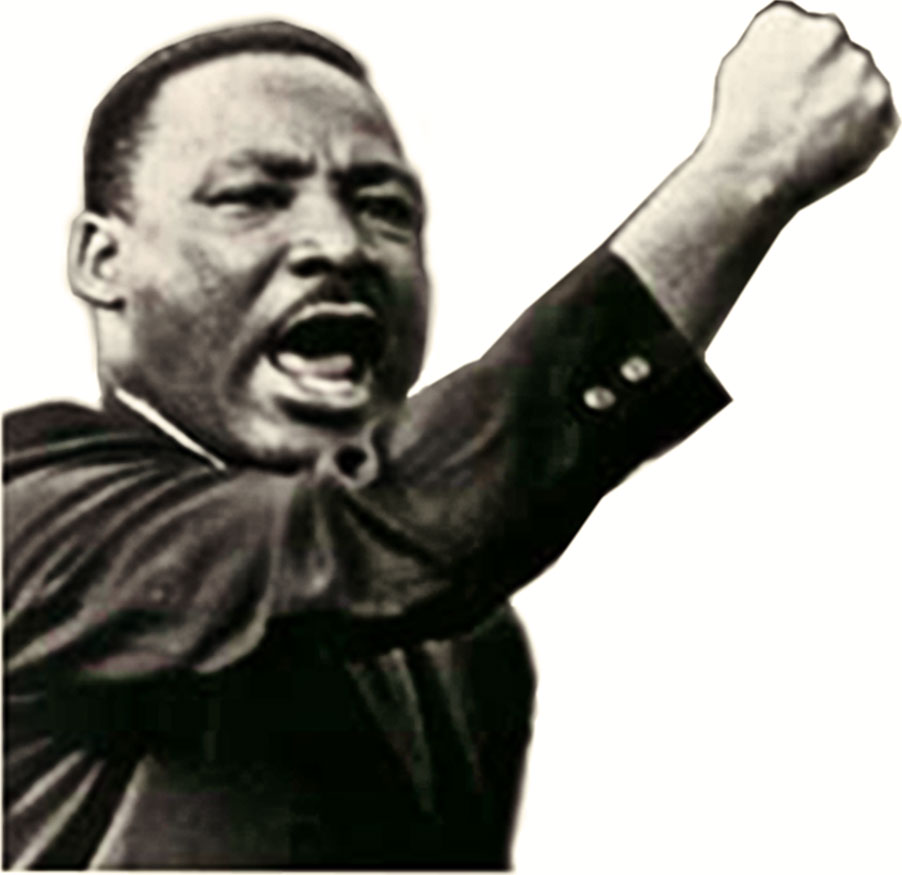

‘Four score and seven years’ is eighty-seven years, which takes us back from 1863 to 1776, the year of the signing of the Declaration of Independence. His speech famously begins with the words: ‘Four score and seven years ago our fathers brought forth on this continent, a new nation, conceived in Liberty, and dedicated to the proposition that all men are created equal.’ In that speech, delivered at the Soldiers’ National Cemetery (now known as Gettysburg National Cemetery) in Gettysburg, Pennsylvania in November 1863, Lincoln had urged his listeners to continue in the fight for freedom, envisioning the day when all Americans – including Black slaves – would be free. The opening words to his speech, ‘Five score years ago’, allude to a specific speech Lincoln himself had made a century before: the Gettysburg Address. In his ‘I Have a Dream’ speech, King was doing more than alluding to Abraham Lincoln’s signing of the Emancipation Proclamation one hundred years earlier. No sooner has the dream gathered momentum than it becomes a more concrete ‘hope’. What’s more, in moving from ‘dream’ to a different noun, ‘hope’, King suggests that what might be dismissed as an idealistic ambition is actually something that is both possible and achievable. The shift is natural and yet it is a rhetorical masterstroke, since the vision of a better nation which King has set out as a very personal, sincere dream is thus telescoped into a universal and collective struggle for freedom. Nevertheless, in working from ‘I have a dream’ to a different four-word phrase, ‘this is our hope’.


 0 kommentar(er)
0 kommentar(er)
